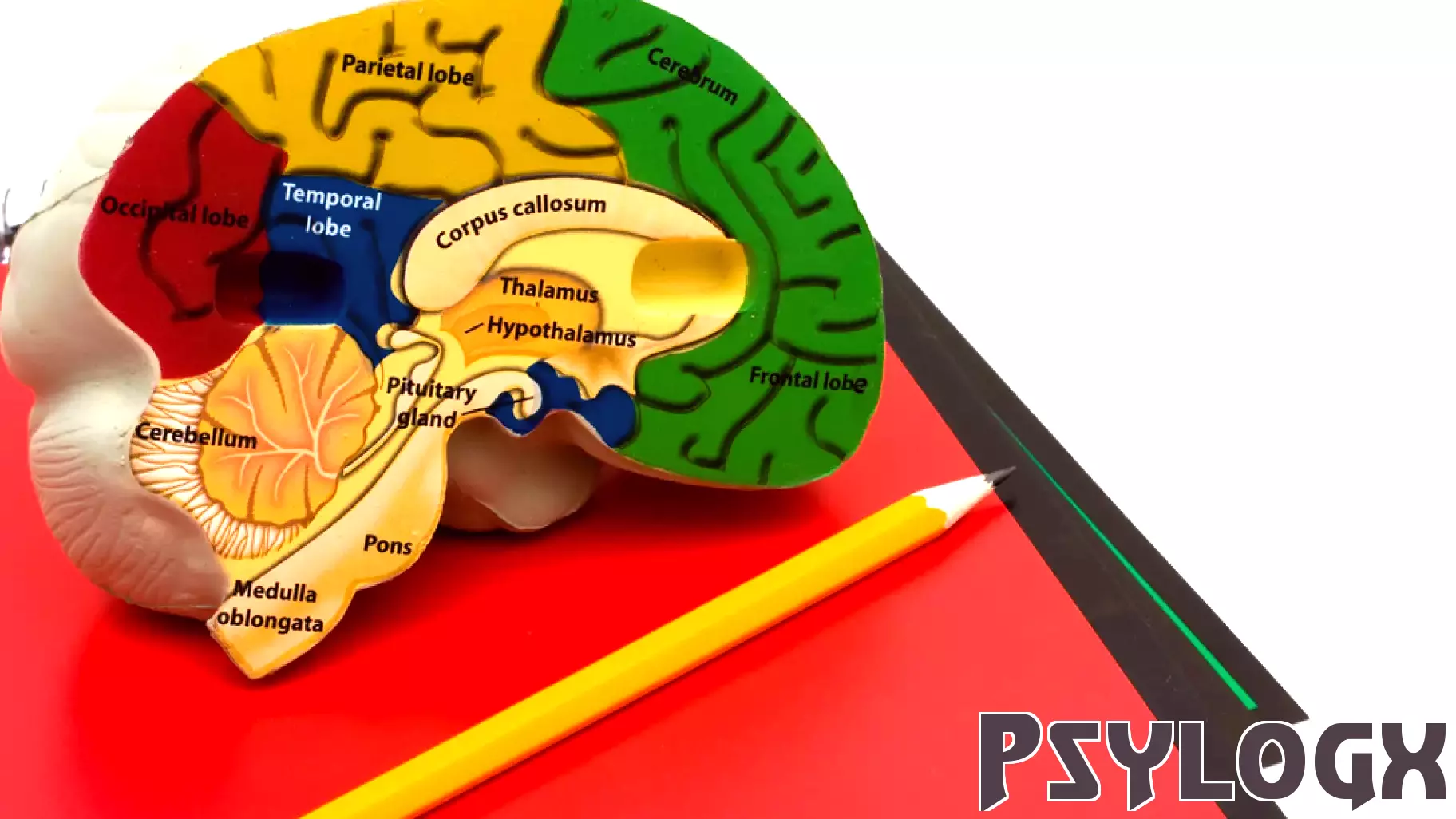The Role of Psychology in Perpetuating Educational Inequality
March 27, 2025 - 17:34

Critics argue that prevailing psychological frameworks in education often mask the underlying issues of structural racism and inequality. These dominant models tend to emphasize individual deficits rather than acknowledging systemic barriers that disproportionately affect marginalized students. By focusing on perceived shortcomings of students, such as behavioral issues or learning disabilities, these psychological approaches can inadvertently reinforce negative stereotypes and justify unequal treatment within the educational system.
As a result, students from minority backgrounds may be unfairly labeled and subjected to lower expectations, which can hinder their academic progress and self-esteem. This perspective overlooks the broader societal factors that contribute to educational disparities, such as socioeconomic status, access to resources, and institutional biases.
Advocates for change emphasize the need for a shift in focus toward understanding the structural influences on education. By recognizing and addressing these systemic issues, educators can create a more equitable learning environment that supports all students, regardless of their background.
MORE NEWS

February 24, 2026 - 22:29
Beyond "Good Job": More Meaningful Ways to Offer PraiseThe phrase `good job` has become a default in our vocabulary, a well-intentioned but often hollow piece of feedback. While positive in spirit, its overuse can feel generic and fail to acknowledge...

February 24, 2026 - 04:34
Why Does Therapy Keep Reinventing Itself?The field of psychotherapy is in a state of perpetual renewal, not as a series of disconnected trends but as a deep evolution within our broader cultural and intellectual history. It continuously...

February 23, 2026 - 02:52
Maybe We Just Need to Get Out MoreThe elusive spark of creativity is often attributed to innate genius or intense, solitary thought. However, a growing perspective suggests that innovation depends less on raw talent and more on the...

February 22, 2026 - 11:38
Psychology says people who look significantly younger after 60 aren't just genetically lucky - they display 9 specific lifestyle patterns that started decades before anyone was paying attentionNew psychological insights are challenging the notion that looking significantly younger in later life is purely a genetic gift. Research indicates that individuals who appear decades younger after...